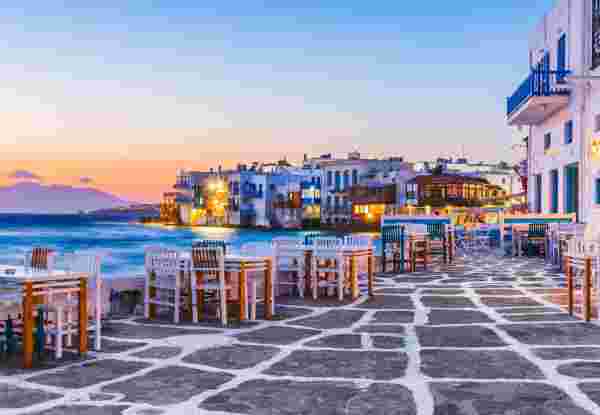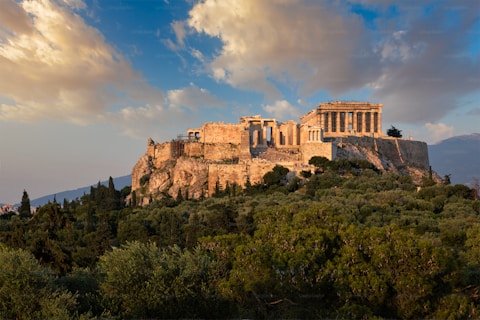Ecotourism in Greece

From Gorges and trails to environmental park and beautiful crop of caves, Greece’s nature is unique and diverse.
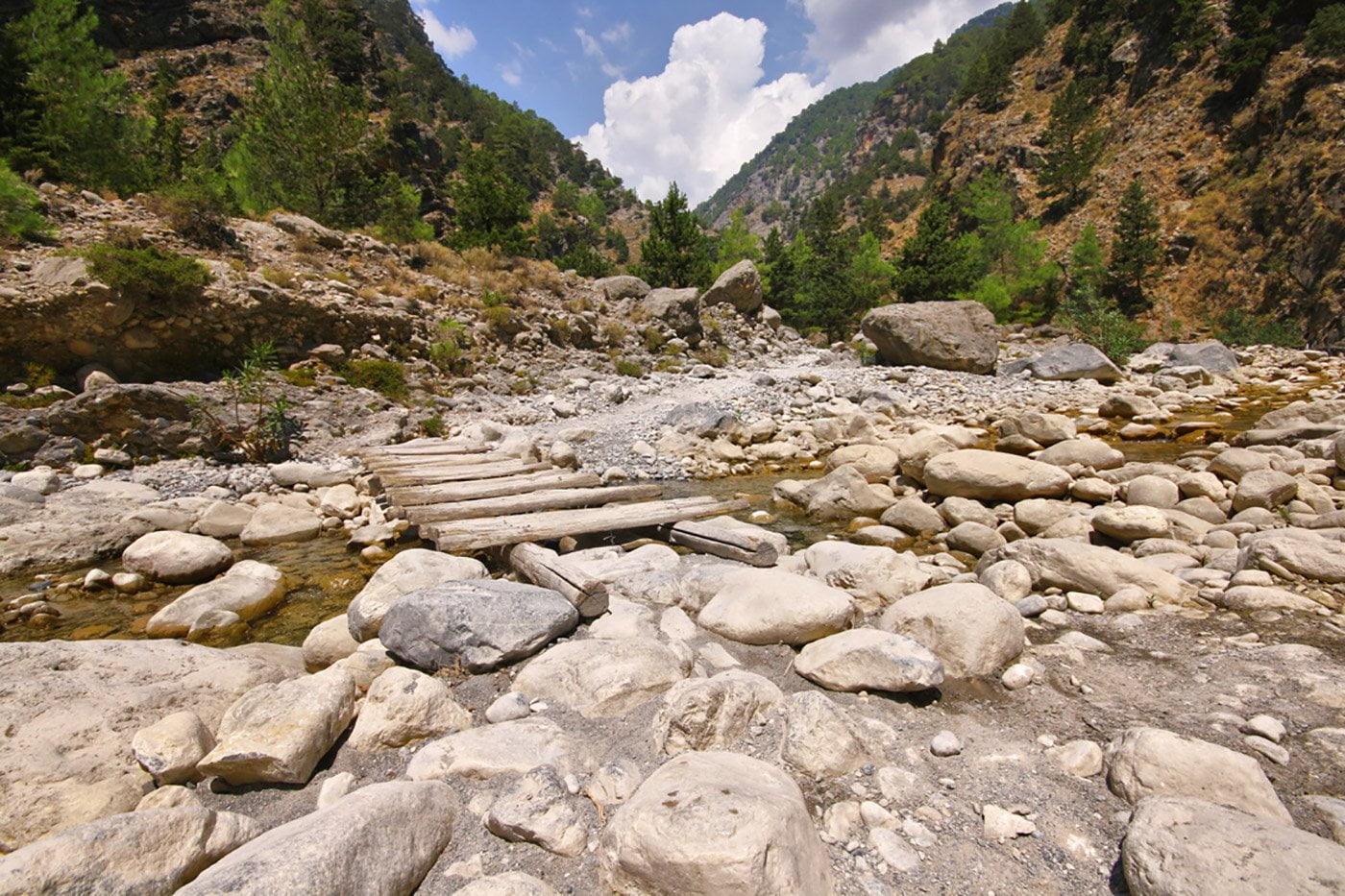
Walking Path In Samaria Photo Credit: Miguel Virkkunen Carvalho
Most notably, the Samaria Gorge is one of Europe’s longest, and perhaps the most famous natural attraction in Crete. With a length of 18km, it’s open to hike from Xyloskalo on the Omalos Plateau all the way down to the seaside town of Agia Roumeli, descending 1227 metres.
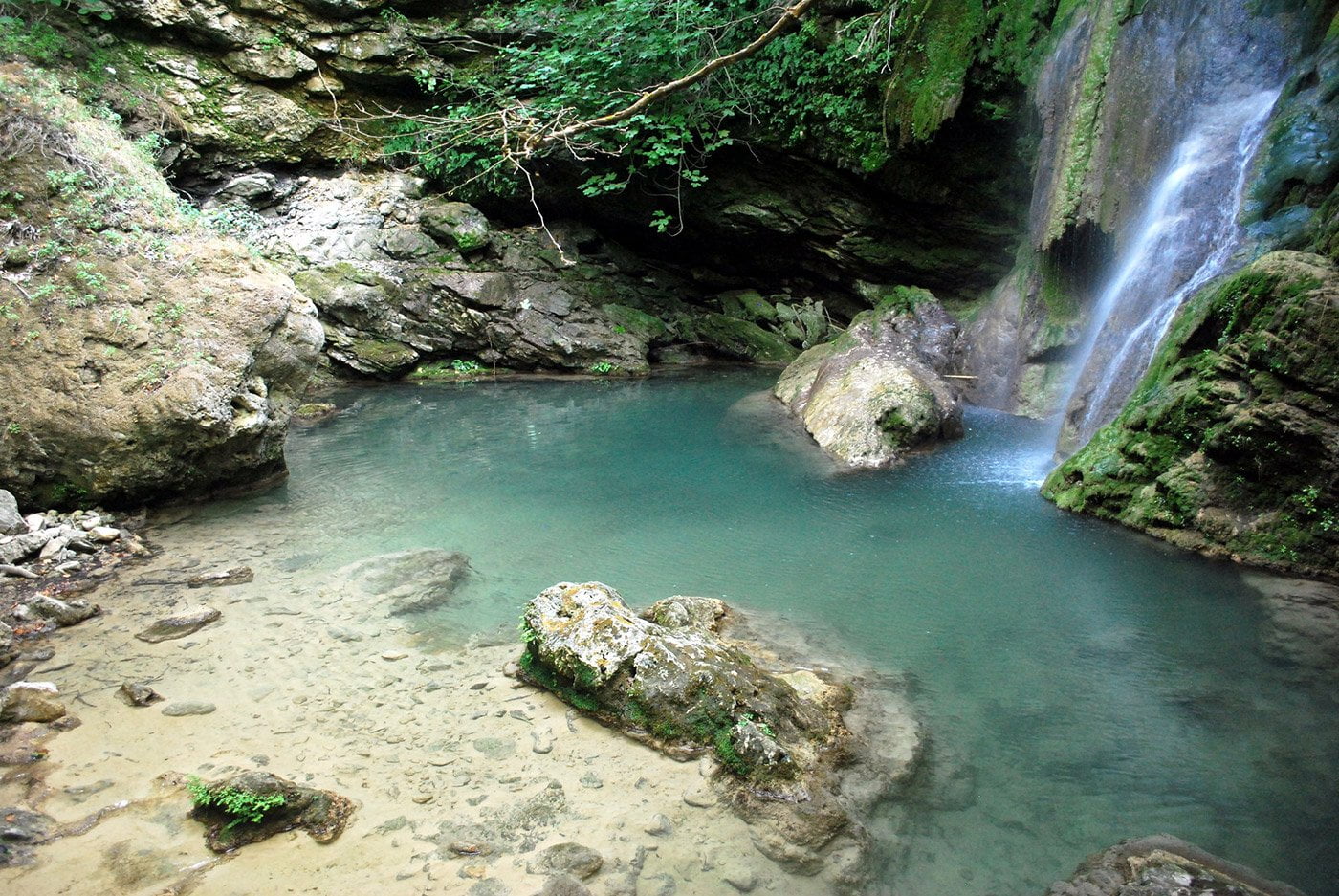
Fonisa waterfall Photo Credit: Guillén PérezNikos Roussos
It’s quite remarkable that trail experts from all over the world gather in early October on the Greek island of Kythera to participate in the
Green Flag Trails Auditor Training Course, the first of its kind in Europe.
The course is a scientifically based trail auditing system, that recognizes trails for their accurate data, environmental responsibility and sustainable management and focuses on sustainability and responsibility towards hiking and walking tourists, aiming at stimulating ecotourism.
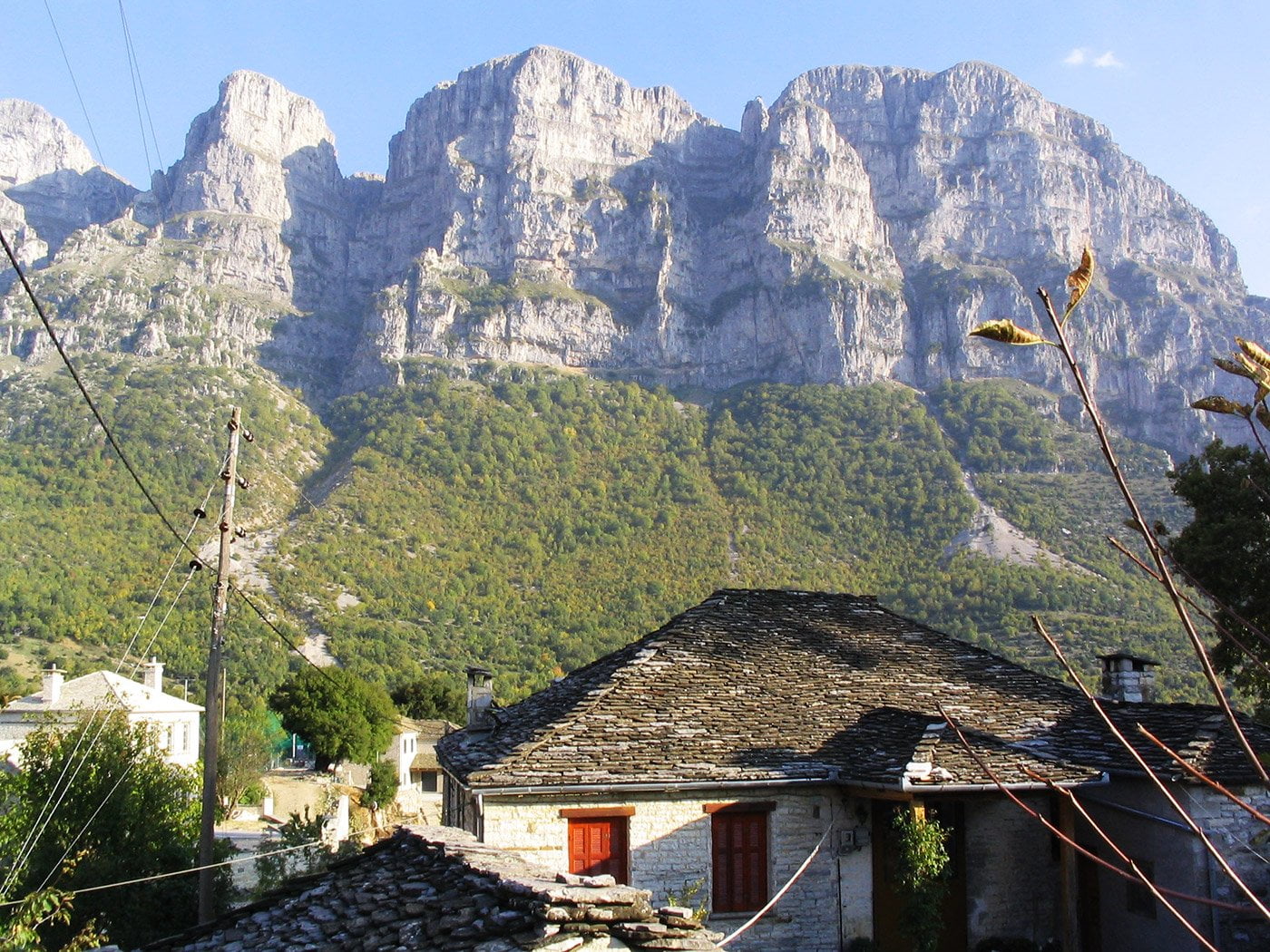
The Astraka Towers ridge Photo Credit: Costas Tavernarakis
Also some of the oldest and exquisite bridges can be found in northwestern Greece and can take your breath away. One such breathtaking place is Zagoria, located in Epirus, which is famous for its 45 villages, consisting of stone houses and surrounded by mountains. Nearby is Bourazani environmental park, which is guaranteed to blow you away.
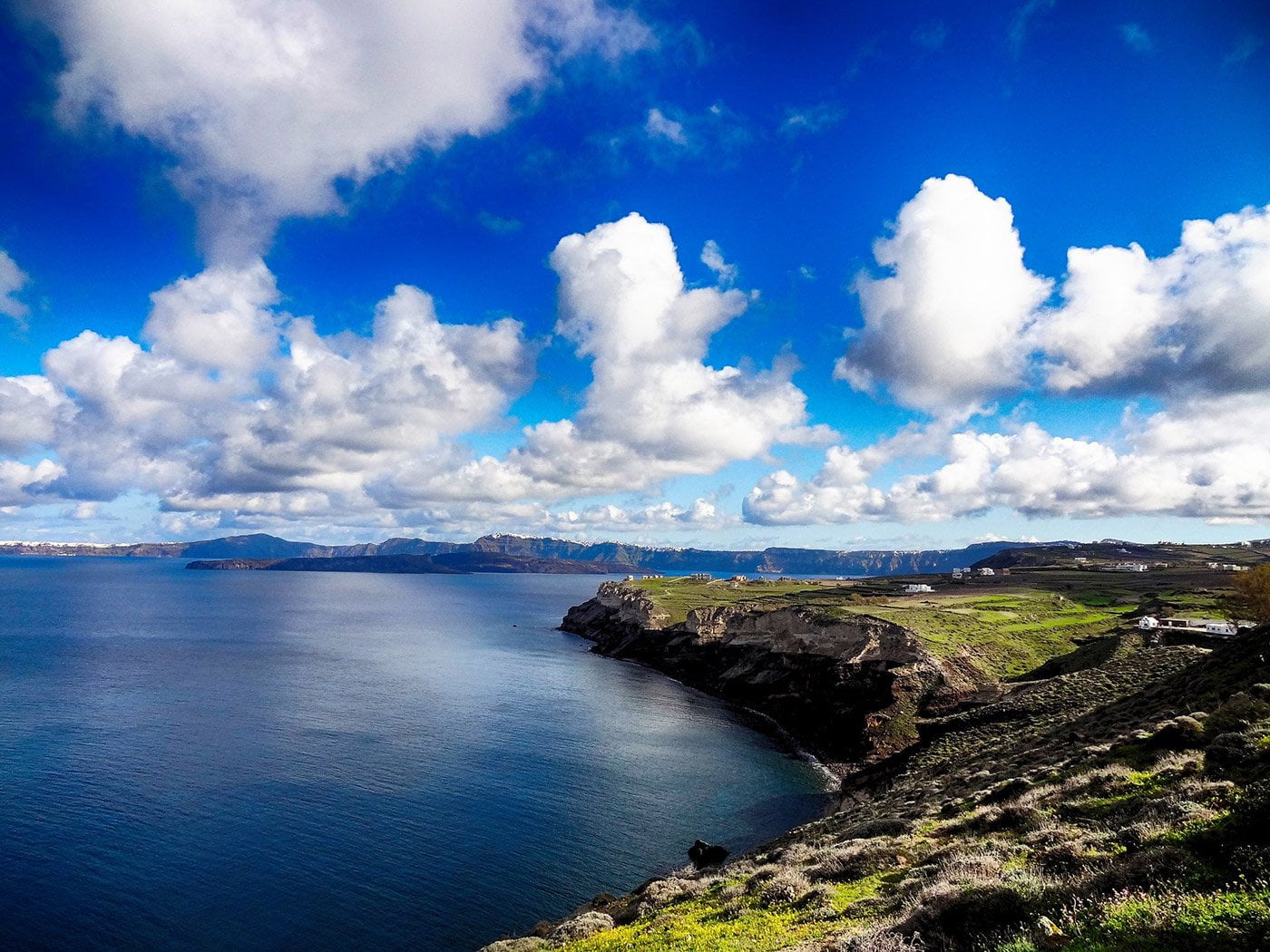
Aegean Sea Santorini Photo Credit: hans-johnson
Another magnificent option is to go sailing and diving in the Aegean and Ionian Sea. You can get a glimpse of many endangered species which often swim along while you sail on. And if you are a diving enthusiast, you are going to get thrilled by the visibility into the sea, which can be perfect even down to 30 or 40 meters. Corals, colorful and beautiful sponges, starfishes, are all on display.
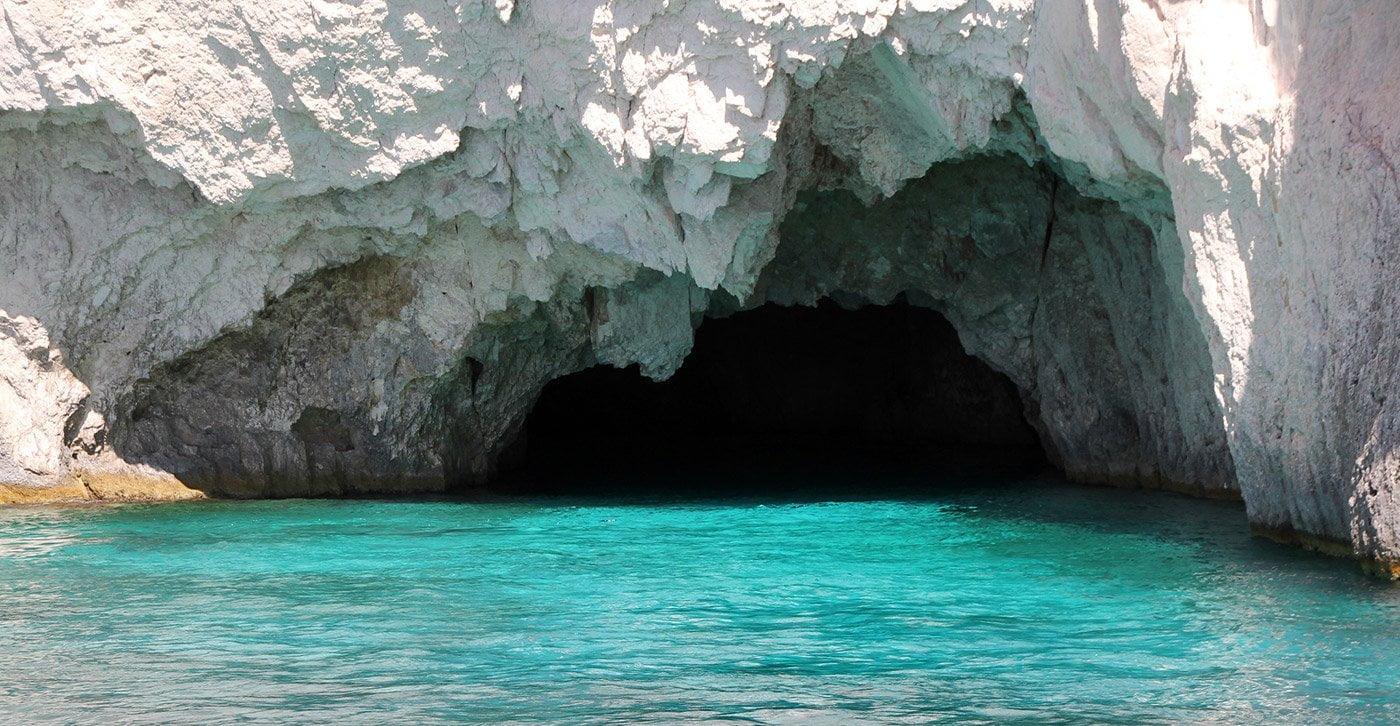
Cave underwater Photo Credit: Tony Hisgett
What can also emerge as a quite attractive feature in Greece is the unimaginably beautiful crop of caves, ranging from underwater to subterranean, both on the mainland and the islands.
A number of communities in Greece are getting special recognition for their green changes over the years. Pelion is one of the areas that tops the list. Small beaches and hiking trails between villages give plenty of opportunities to do lots of things without spending a dime or engaging in any kind of environmentally questionable activity.
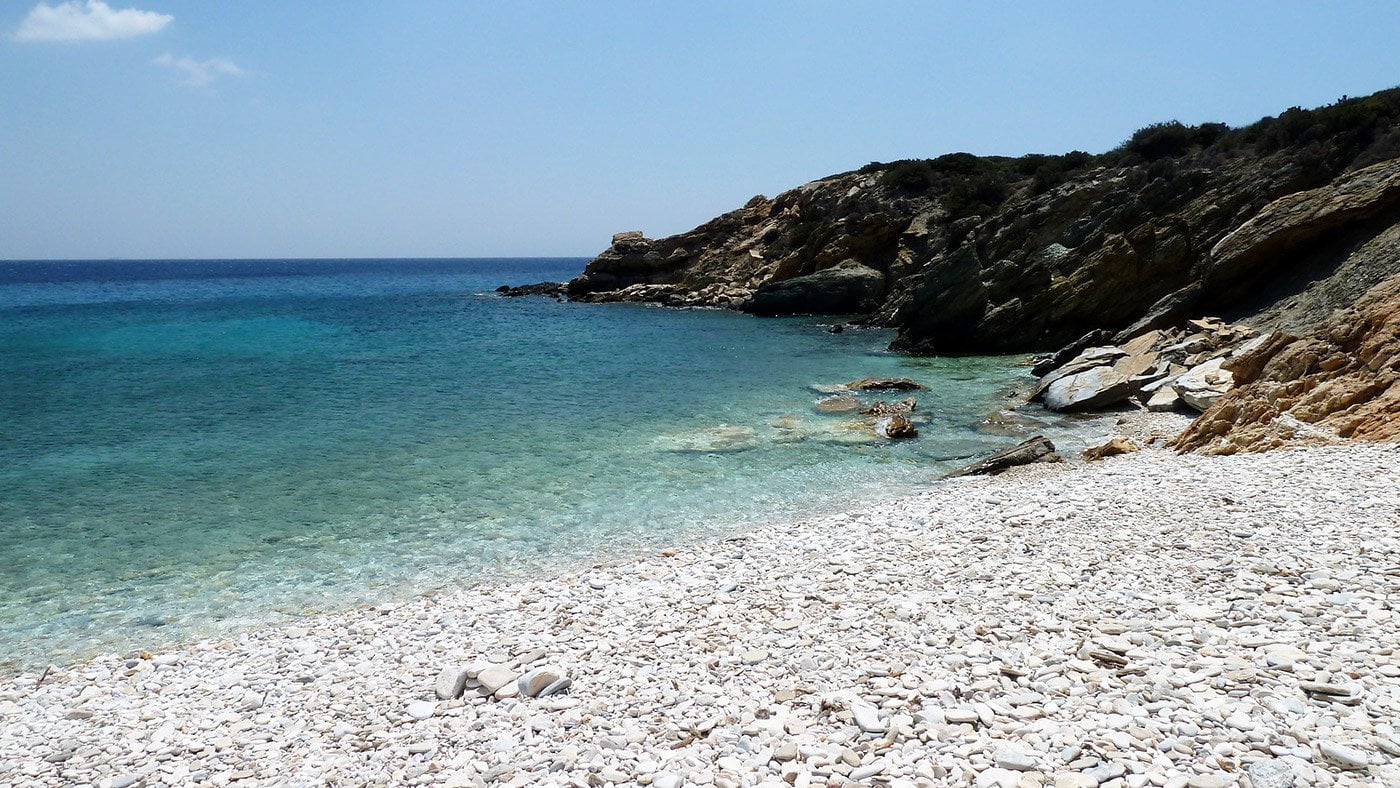
Paros Photo Credit: Kostas Limitsios
A huge plus of agrotourism is the fact that it extends all year round. From the end of October until December, harvest-related activities are at the center of daily lives in many parts of Greece. According to Greece’s official tourism website, helping out with the picking is a very popular ecotourism activity, and several specialized accommodations have opened in places like Evia, Lesvos, Crete, Kalymnos, Paros, Kefalonia, Kalamata and Kythira.
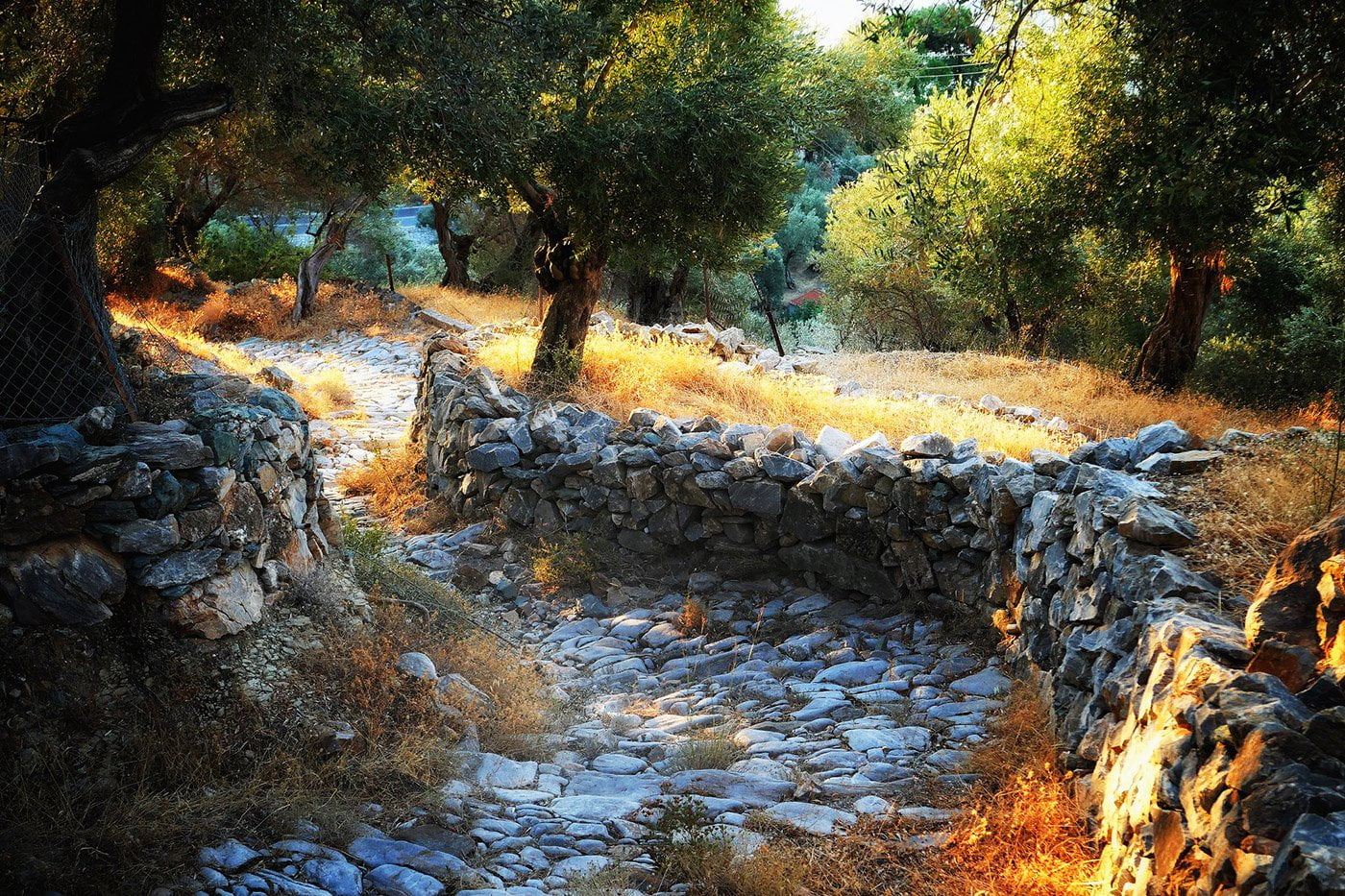
Plomari, Lesbos Photo Credit: Staffan Cederborg
If you thought that most of the people in Greece don’t have a penchant for ecotourism, maybe it’s high time you changed your mind. There are many areas in the country that reject mass tourism and would rather adopt ecotourism as a means to increase revenue.
Cover Photo Credit:Tejvan Pettinger
Feeling Ready?
From our blog

Greece Honeymoon Itinerary: A 14-Day Romantic Escape

Greece 10-Day Itinerary: A Comprehensive Guide to Your Dream Vacation
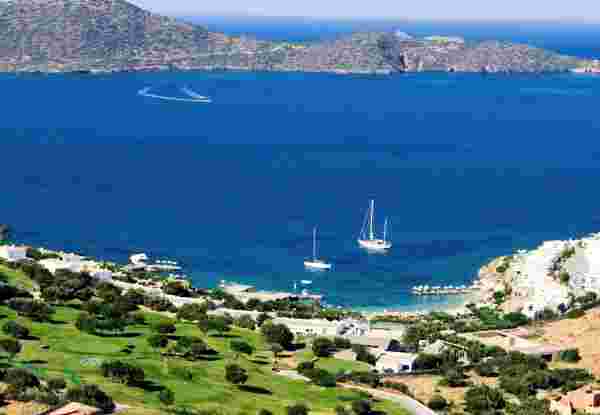
2 Weeks in Greece (14 day itinerary): The Ultimate Travel Guide
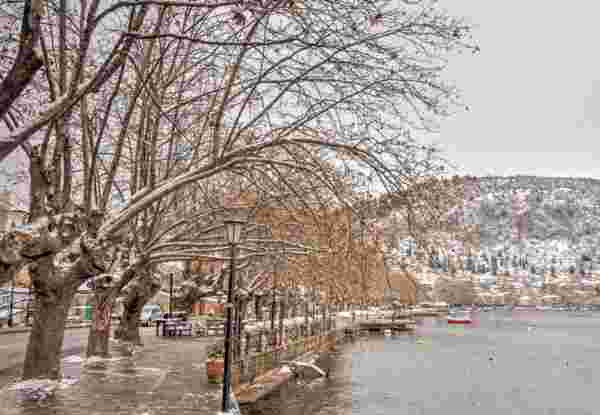
Exploring Greece in February: Weather and Travel Guide
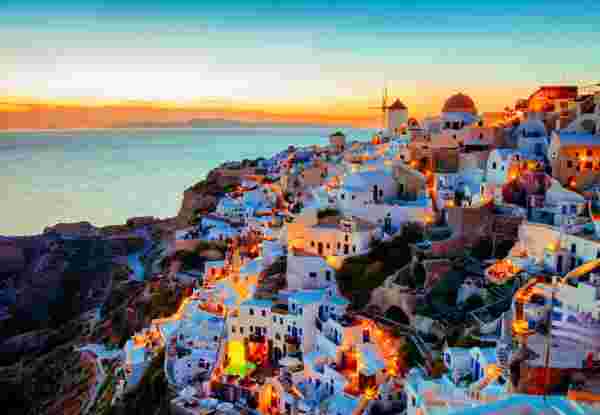
One Day in Santorini Itinerary: Α Beginner’s Guide
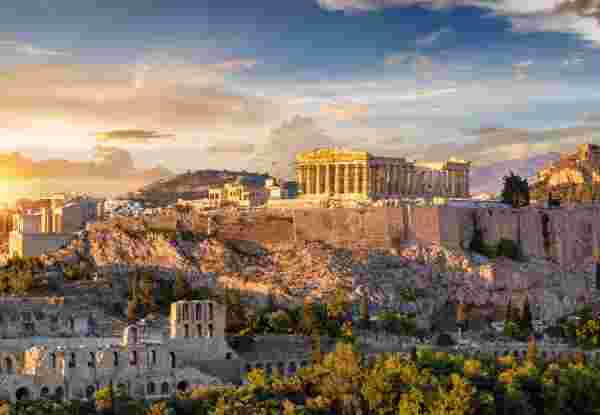
How to Plan a Trip to Greece
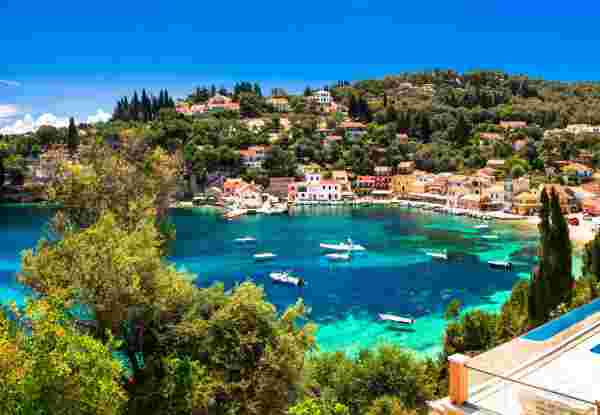
Best Greek Islands in May: Your Complete Guide
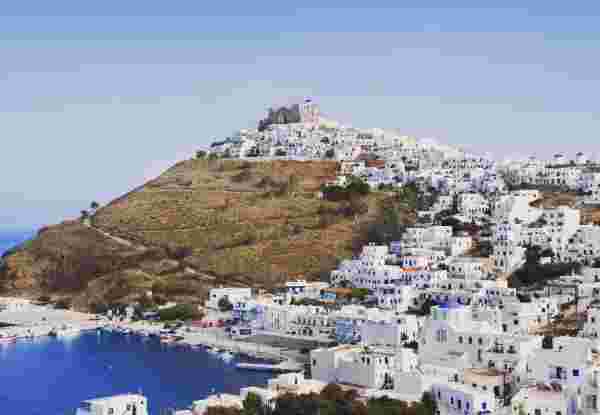
Best Greek Islands for Families: Ultimate Guide
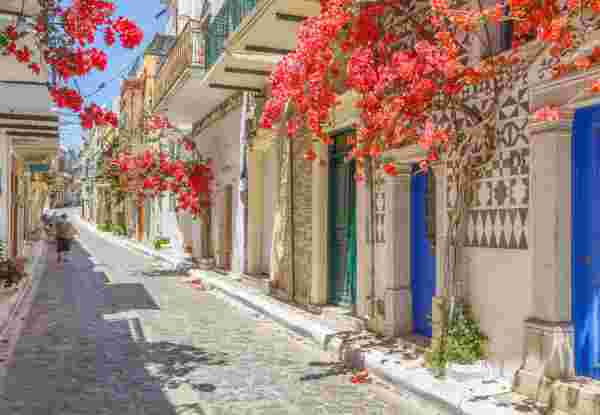
Weather in Greece in March: Insiders Tips
